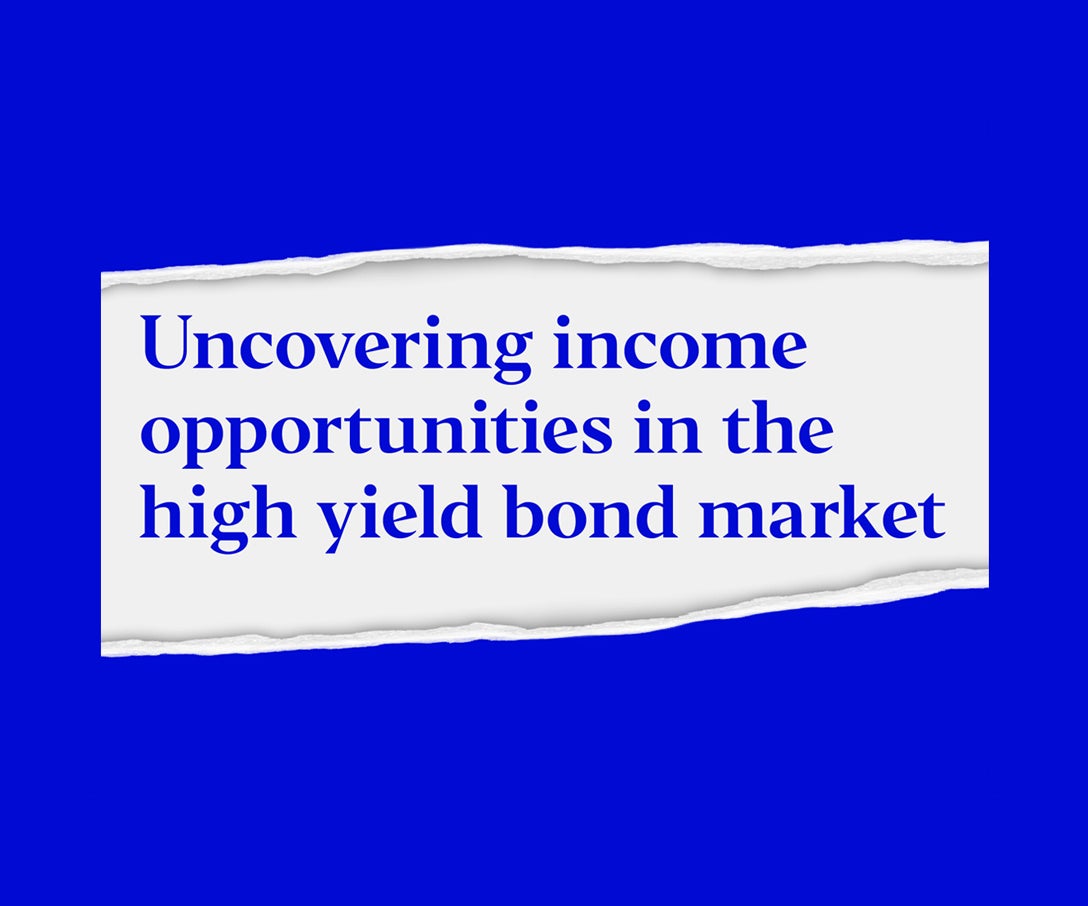The investment trust world is awash with numbers, all telling you something different about the value of an investment trust, so what do they all mean?
Why do investment trusts have share prices?
Investment trusts are run as public companies meaning they are listed on the London Stock Exchange. In order to invest, investors need to purchase shares in the company, meaning they own a small piece of the investment trust.
Does the share price stay the same?
No, the share price rises and falls like any other company, depending on how popular – or not - the investment trust is. The share price can be affected by anything from the general market outlook to more specific reasons related to the companies in the investment portfolio, or circumstances directly related to how the investment trust is run, such as a change in manager.
What does the share price tell me?
The share price, and how it moves, gives an indication of how popular an investment trust is, and it can also tell you how big the investment company is, also known as the market capitalisation (market cap). The ‘market cap’ refers to the total value of the shares and is a multiple of the price the shares trade at and the total number of issued shares.
Are there other ways to value an investment trust?
The share price isn’t the only number you need to know when looking at investment trusts. While the share price will tell you the value of a share in the company and how much it will cost you to buy into or sell out of the investment trust, the net asset value (NAV) tells you the value of the assets held by the company.
The NAV is the value of all the investments the investment trust holds minus any debts or loans.
Are the share price and NAV the same thing?
No, the share price and NAV are different measurements. The share price tells you what investors think the investment trust is worth by telling you how much they are willing to pay for shares, but the NAV tells you what it is actually worth.
A fund manager’s job is to grow the NAV, not the share price, so the NAV is a useful measure to gauge just how well a manager is doing their job. If their investments are doing well, the NAV will grow.
Do the NAV and the share price matter to each other?
The NAV and the share price do not go up and down in tandem, but if a fund manager does a good job growing the NAV it is likely the trust will become more popular, pushing up demand and therefore the share price. And vice versa if the NAV falls.
If you need a quick overview of what investors think of an investment trust, you can use the NAV and share price.
How do I do this?
The NAV per share – which is the NAV of the fund divided by the number of shares in issue – is a useful measure for investors when compared with the share price.
If the share price is higher than the NAV per share, the investment trust is trading at a ‘premium’. This means the trust is popular and there is good demand for the shares.
If the share price is lower than the NAV per share, the investment trust is trading at a ‘discount’. This means there is a less demand for the shares.
Find out more about premiums and discounts here.
Just because a trust is already cheap, or at a discount, doesn’t mean it can’t fall in value to a wider discount so you should pick your investments wisely. If you’re not sure then you can contact a financial adviser who will be able to discuss the investment trust with you and help you decide if it is right for you.









